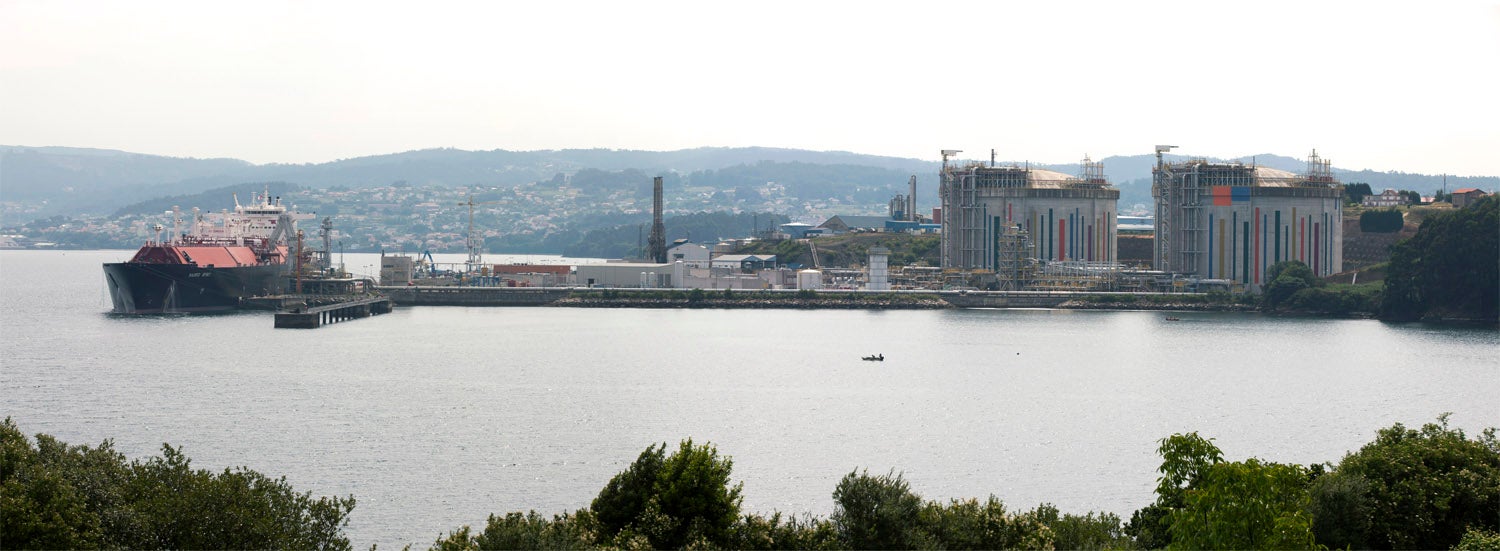
Spanish LNG terminal operator Reganosa has secured a contract from Tema LNG Terminal Company (TLTC) to operate and maintain a LNG regasification terminal in Tema, Ghana.
Currently under construction, the Tema LNG terminal is said to be the first LNG import terminal to be developed in the sub-Saharan African region.
The terminal, which will have a floating storage storage (FSU) and floating regasification unit (FRU), is expected to meet Ghana’s increasing energy demand.
Under the contract, Reganosa be responsible for the operation and maintenance (O&M) of the FSU and the FRU, as well as the associated 6km gas pipeline and a pressure reduction and metering station that will be connected to the existing pipeline network.
Recently, the Tema LNG’s FRU, which was built by China State Shipbuilding subsidiary Jiangnan Shipbuilding, has been delivered in Ghana.
The move allows TLTC to start delivering LNG to customers in the first quarter of this year. The LNG will be supplied to Shell, as part of a long-term contract.
TLTC project manager Edmund Agyeman-Duah said: “Once operational, this FRU will allow the Tema LNG facility to receive, regasify, store and de- liver roughly 1.7 million tonnes of LNG a year – 30% of Ghana’s general capacity.
“Tema LNG’s year-round supply of gas will enable the Ghana National Petroleum Corporation (GNPC) to su- pply reliable and cost-effective gas into the Tema power and industrial enclave, while streng- thening West Africa’s energy security.”
The Tema LNG project is backed by Helios Investment Partners and Africa Infrastructure Investment Managers (AIIM).
Ogbemi Ofuya of Helios Investment Partners said: “The year-round, guaran- teed supply of LNG and piped gas through the Tema LNG terminal facilitates forward planning and investments in receiving infrastructure by power plants, mines and industries across the West Africa region who are currently reliant on more expensive liquid fuels.
“The switch to gas also delivers a significant environmental benefit and supports the transition to cleaner burning fuels in the region by reducing CO2 emissions and eliminating sulphur emissions, in line with the Paris Climate Accord objectives.”






